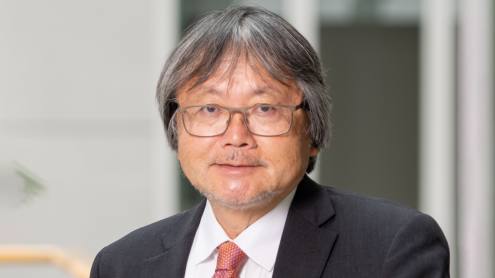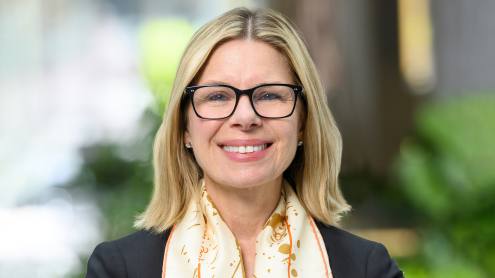Over the past decade, Uruguay has earned a reputation as a prudently managed economy. Export-driven, it has performed relatively well even when its much larger neighbours and trade partners, Brazil and Argentina, have been mired in recession. International confidence in the country’s sovereign debt has also improved over the past few years as a result of Uruguay diligently meeting its obligations by pre-funding interest payments a year in advance in the capital markets; it can also rely on loans from multilateral organisations.
The Banker spoke to economy and finance minister Danilo Astori at April’s annual meeting of the Inter-American Development Bank, where he discussed Uruguay’s recent achievements and its future focus.
A sovereign bond star
Mr Astori is particularly proud of international investors’ response to Uruguay’s latest issuance: the reopening of existing sovereign bonds due in 2027 and 2050, which satisfied investors with very reasonable respective yields of 3.52% and 4.93%. The two tranches raised just under $1.15bn in total after orders exceeded $5.3bn. The 2027 bond yield was a significant improvement on the 4.475% it secured on the bonds sold at the end of 2015, Uruguay’s previous issuance, which had the same duration and raised $1.7bn.
The latest bonds also helped to lengthen Uruguay’s debt profile, create a more liquid 10-year benchmark and reduce the weight of the country’s dollar liabilities, because the notes were denominated in pesos. This is important, says Mr Astori, as the country’s debt composition had not always been well balanced in the past.
“[Foreign investor interest] is very positive. We’re focusing on issuances of local currency debt, which we think are an important development factor for the whole economy,” he says. “About half of Uruguay’s debt is now denominated in the national currency and 94% of all public debt is at a fixed interest rate. These are strong indicators that show Uruguay’s financial strength.”
Mr Astori has witnessed first hand the introduction of many of the measures that led to these results, given that he has held public office for more than a decade. First named economy and finance minister in 2005, a role he held until 2008, he then served as the country’s vice-president from 2010 to 2015. Mr Astori recalls the creation of the country’s debt management unit during that first ministerial position, when the government was battling with short-term obligations largely owned abroad. Uruguay’s efforts in this area proved so successful that it is now in discussions with neighbouring Paraguay to help it set up a similar debt management office.
A high level of dollarisation, however, is still present in parts of the economy. In its most recent Article IV report on Uruguay in February, the International Monetary Fund (IMF) notes the high dollarisation of bank deposits; this has been fuelled by high inflation, which constrains the provision of credit in pesos and the effectiveness of monetary policy. Hitting 8.3% in January, inflation has been falling since the IMF report and dropped to 6.47% this April.
Strong and stable
Mr Astori is proud of Uruguay’s banking sector, which he defines as “well integrated [with a number of international banks] and with a good supervisory mechanism”. Dominated by state-owned Banco de la Republica del Uruguay (BROU), the banking sector has traditionally been open to international players, which serve retail, corporate and private banking customers, and include names such as Santander, BBVA and Brazil-based Itaú Unibanco.
Over the years, the Uruguayan banking sector gained greater stability. Recalling past shocks, Mr Astori says that systemic crises would now be prevented by the financial stability committee, which brings together the economy ministry, the central bank and banks’ representatives. Since its creation in 2012, the committee has overseen a period of improving indicators among lenders. BROU, for example, which serves more than half of total bank customers and has a clear mandate to improve financial inclusion – serving growing numbers of customers often considered riskier – has seen non-performing loans recently falling to between 2% and 3%, says Mr Astori.
In the future, Mr Astori intends to maintain his focus on financial inclusion and guaranteeing the stability of the financial system. “Uruguay has been adopting good policies in these years,” he says. “[We will continue to] use a variety of instruments to ensure that Uruguay has a solid financial position in the future.”













